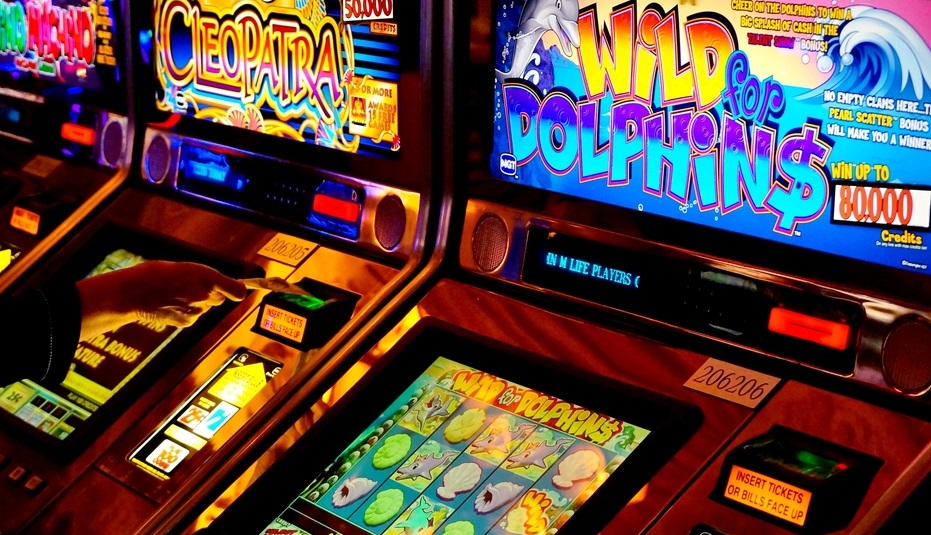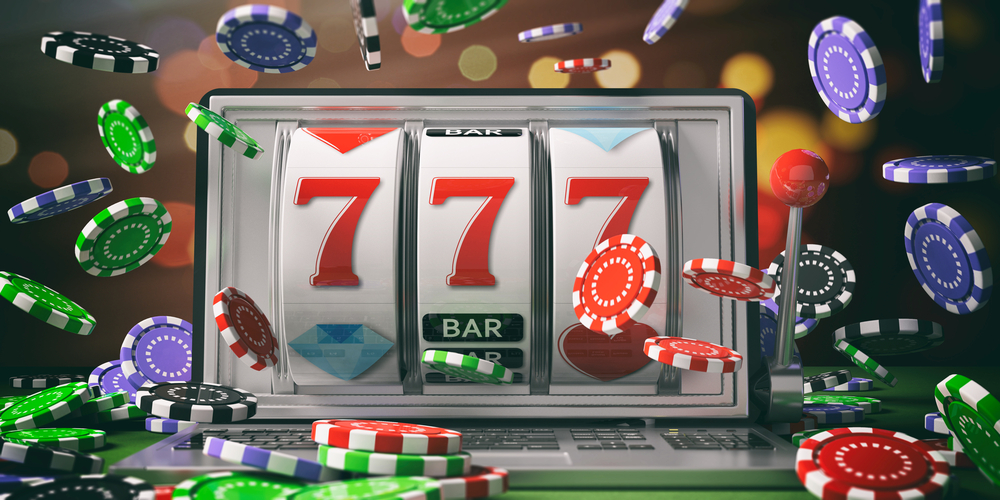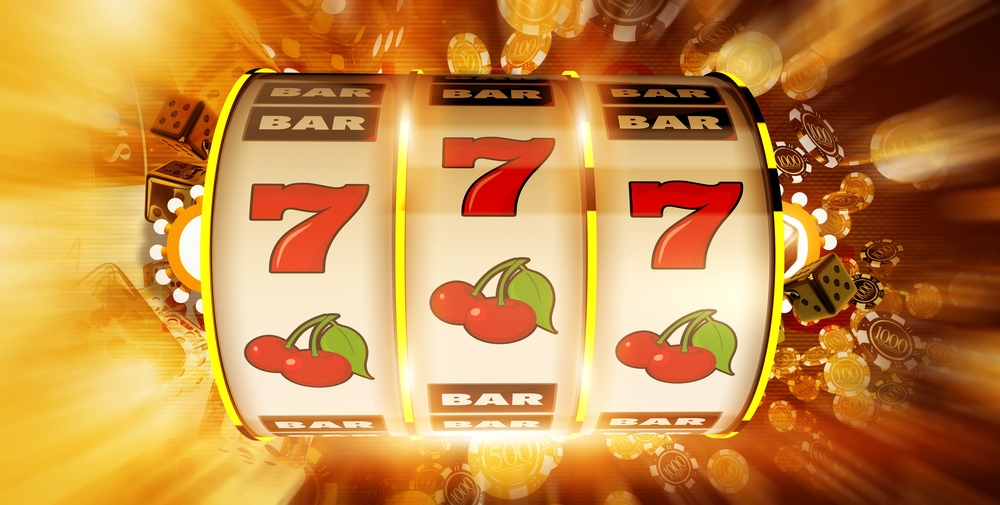
Online slot machines come in a multitude of formats. From classic three-wheeled slot machines to purely mobile gaming slots, to progressive slots — where the value of the reward increases with each play/ spin.
Most online gaming companies buy their gaming software from developers that specialize in this technology and then host the software on their data-driven back end.
The underlying technology involves programming the laws of probability and chance into each design, and include some rewards/payment system.
What are the basic configurations of gaming technology, especially slot machine technology?
How do the variables mentioned above add up to create games played by millions, in a vast market that is possibly worth billions?
Let’s find out.
Quick History Lesson

The first modern slot machine was built in San Francisco, in 1894, by the Bavarian immigrant and American mechanic, Charles August Fey.
Here, a lever was pulled, and when numbers or symbols lined up, a reward was given. Back then, these rewards were in the form of chewing gum and cigarettes.
As the game became more popular, manufacturers changed the reward to cash. Today, this is still how most casinos operate slot machines.
Nowadays, millennials and newer generations sare not getting the instant gratification of that reward system in the physical casino, but through mobile and online applications.
RNGs

Randomness rules any interactive gaming environment, including slot machines. Random Number Generators (RNGs) are algorithms using unpredictability to create a constant set of numbers that are only related by the randomness of the pattern in the algorithm.
These RNGs are applied to graphics and other elements on slot machines to generate a different result every time the machine is activated.
According to Synopsis, a software creator of RNG’s: “Randomness refers to the distribution of outcomes.
We want outcomes to be independent. One outcome should not depend on what came before it, nor should it influence what comes after.
Random results also lack any predictable bias, cycles in the results, or other patterns. Often randomness is asserted through the results of statistical analysis.”
RNG software makers use such techniques to ensure that these games are fair.
They digitally introduce chance into gaming, which is what makes gambling entertaining: the possibility of winning based on luck, or in this case, randomness.
This is not to say that RNGs can’t be hacked! The most prominent case of RNG hacking is by the Russian mathematician Alex, who capitalized on PRNGs, or pseudo-RNGs…
Design
 In antiquity slot machines used numbers or symbols such as fruit for imagery. Nowadays these symbols can be swapped out for more socially relevant icons.
In antiquity slot machines used numbers or symbols such as fruit for imagery. Nowadays these symbols can be swapped out for more socially relevant icons.
Tools such as Maya, Photoshop, and even JavaScript coding are used to design these graphics. However, it is not only the icons on the interface that are designed.
Sound design is also a considerable part of this process, and engineers are explicitly hired to create different auditory experiences.
The user experience also goes into the design to ensure that the interface is not only attractive but will genuinely entertain the intended audience.
This UX is also tied to behavioral statistics. What designs are most appealing to users? What designs appear when the reward, or not, is given?
Sometimes, this same analysis can be used to research addictive online gaming behavior.
“Casinos have tried developing computer algorithms to identify slot machine players whose behavior is clearly becoming addictive and then intervene,” said Natasha Dow Schüll, New York University professor, in a New York Times article.
“It’s a way for companies to maintain profits — by not draining their customer base.”
Coding

Software companies use multiple platforms to develop games either for mobile or online use. A game can be programmed with C, C++, JavaScript, Python, and other languages.
With the advent of gaming engine platforms such as Unity and Unreal, slot machines are now being developed in virtual and augmented reality.
Games are developed and visualized using advanced 3D modeling graphics, coupled with laws of physics and other rules.
These same platforms use artificial intelligence and machine learning in their models, and game developers can now train these models in their coding.
Regulation
In the US, online gaming is regulated federally and by each state. The technology that is allowed to be used in online slot machines has to be approved by multiple governing bodies.
Free games are also regulated, and many are taken down if they don’t adhere to all legal standards.
This affects the way games are programmed and distributed. Regulation is put in place mostly to control fraudulent use of credit card information provided by consumers.
Reputable gaming software developers create code that implements these rules.
Payment Options
All parties, from the manufacturers of the game to the gamers betting on the chance to gain some reward, must be paid.
Most gaming technological stacks include a subscription-based system that is tied to its development and design.
Major gaming software developers offer online and mobile payment processing options to add to each app’s functionality.
Future

Slot machine technology is continuously evolving. We are moving to a time where artificial intelligence applications are being used to enhance all technology.
With an eye on the future, cryptocurrency (not only bitcoin) payouts are a primary encryption tool that is improving slot machine technology today. New options, such as live gaming, are also changing the type of applications being used.
In the immediate future, expect game developers to more consistently use technologies in the AR/VR space.
Remember that machine learning is already an option for game engines, and these algorithms will only enhance the player experience.
An amusing example of how the future of these games could look with artificial intelligence was seen when a couple of software developers automated the creation of slot machines.
Here the developers plugged in all the factors mentioned above and trained a bot to make games. In the end, the automation was not intuitive enough to develop excellent games.
However, it is an illustration of how developers are thinking about enhancing this tech stack.
Slot machine technology is evolving every day, making the experience safer and better, for all parties involved.









